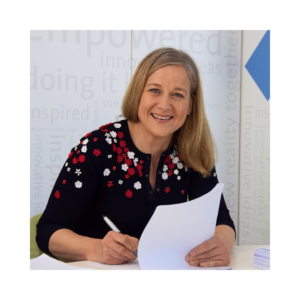
What are we asking for?
Support to provide guidance and advice to councils on how to unlock the circular economy locally, particularly in rural, regional and remote areas.
Why is it important?
Australia is one of the world’s largest waste generators per capita. We are running out of landfills and recycling collection costs continue to rise. Moving to a circular economy, where waste is designed out of the system and resources are valued, will bring down business costs, support new industries and jobs, and reduce greenhouse gas emissions.
By mid-2024 when Australia’s waste export ban comes into full effect, 645,000 additional tonnes of waste plastic, paper, glass and tyres will need to be recycled each year.
To deal with this increased waste stream, the Commonwealth set up the $190 million Recycling Modernisation Fund in 2020 to spur investment in recycling by industry and governments.
Councils, recognising that their communities want concerted action to reduce and reuse waste – and mindful of the fact that easily accessible space for landfills is in short supply – have been prominent in pursuing innovative solutions to recycling.
Many local governments, recognising the significant amounts of food in municipal waste streams and are taking steps to reduce food waste through a range of programs, such as:
- community information sessions and demonstrations on storing food and composting at home;
- grants and rebates for households to purchase compost bins and worm farms;
- pilot programs for restaurants and cafes to assess their food waste practices and reduce the amount of food they send to landfill; and
- supporting local businesses to source food waste and to turn it into valuable products like compost and fertiliser.
Regional, rural and remote councils face increased challenges in this area due to their distance from recycling facilities, as well as the geographical spread of ratepayers in their jurisdictions.
How would it support our communities?

A state-of-the art Materials Recovery Facility (MRF) intended to build the local circular economy by prioritising local markets was launched in Adelaide early in 2022.
Designed and built by CAWRA – a joint initiative of the Cities of Charles Sturt and Port Adelaide Enfield – the MRF can process up to 50,000 tonnes of recyclables per year from household bins.
The $23.2 million facility was built with funding of $4.36 million provided by the Federal and State Governments’ Recycling Modernisation Fund.
City of Charles Sturt Mayor Angela Evans said: “Establishing the MRF is a momentous achievement in the future of recycling for our communities.”
“Our residents can now have visibility and confidence that our recycling will be processed locally and responsibly, to go back into the circular economy.”



